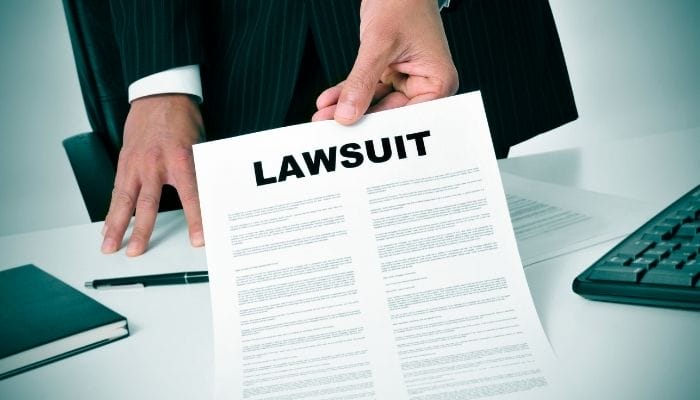If you’re ever injured while on the job, you’re entitled to worker’s compensation rights. This ensures you receive the compensation and benefits necessary for your financial stability and that you receive the medical attention you need. After all, it’s your employer’s responsibility to keep the workplace safe. If you find yourself in this unfortunate position, here’s what to do if you are injured on the job.
File a Report
Because it becomes more difficult to prove a workplace accident was not the victim’s fault as more time passes, you need to file a report right away. Even if you’re unsure a lawyer can help with your personal injury, you must immediately file a report for any accident you’re involved in just to be certain you receive any benefits you’re entitled to. This reported incident will also cover you should there be symptoms that aren’t immediately apparent but start to develop later on.
Your report will also be important evidence during a worker’s comp lawsuit, and failure to report early may result in the dismissal of your case.
Inform Your Employer
The next thing you should do if you are injured on the job is inform your employer of what occurred and any injuries you suffered. It’s your employer’s responsibility to file a worker’s compensation claim with their insurance company on your behalf.
Once you’ve informed your employer, you are entitled to a copy of the worker’s compensation claim. Remember to follow up with your employer to ensure that they’ve taken the appropriate steps and to receive your copy.
Consult a Doctor
With the accident and your injuries reported, you should see a doctor right away—or go to the emergency room if your injuries warrant it. Depending on your employer, they may have a preferred doctor for you to visit. If you’re unsatisfied with the prescribed doctor, however, you might be entitled to a second opinion under the workers’ compensation laws, so be sure you know your options. Depending on the extent of your injuries, it may cost you much more in benefits than it may cost to get that second opinion, even if you have to pay for it.







